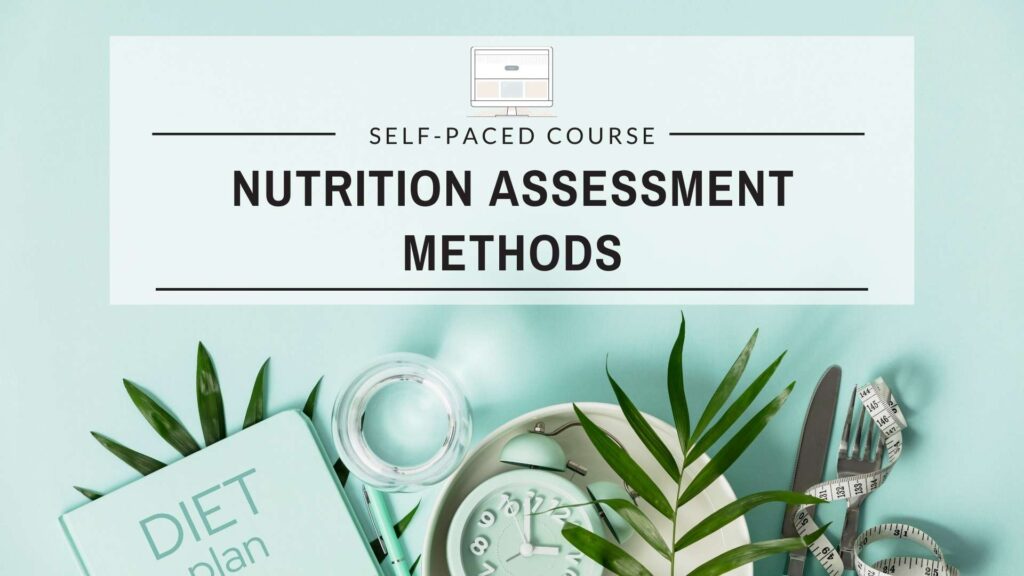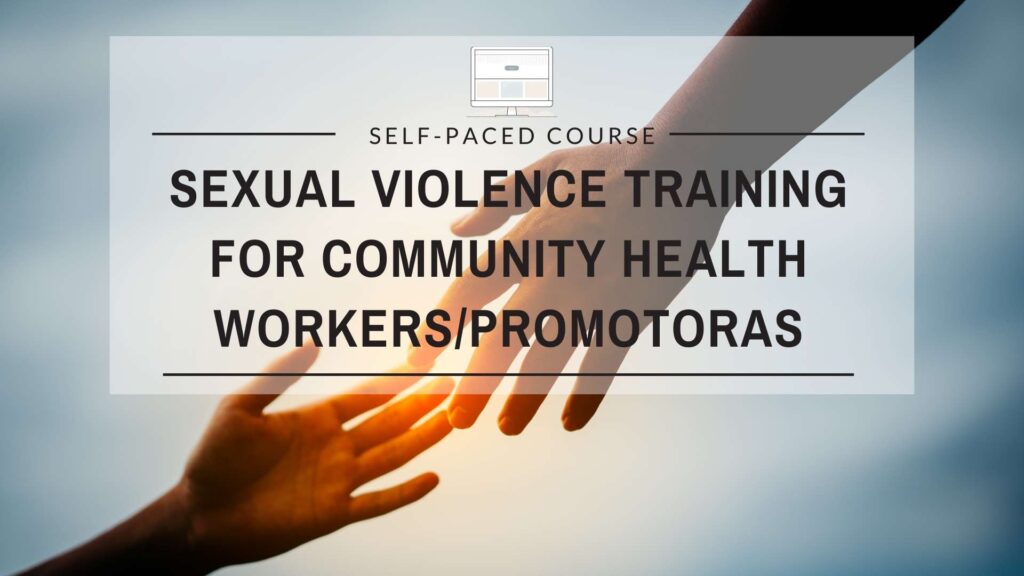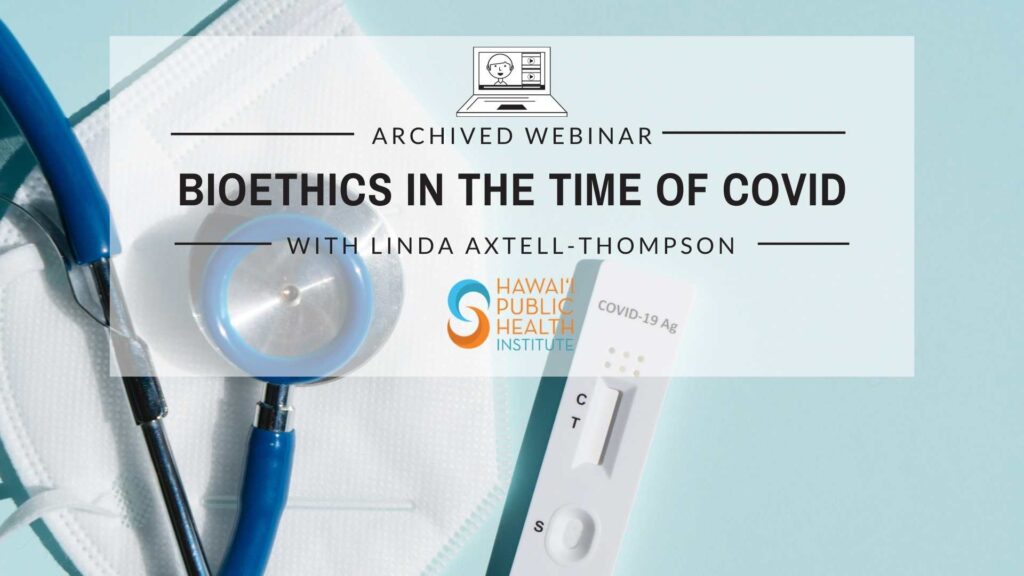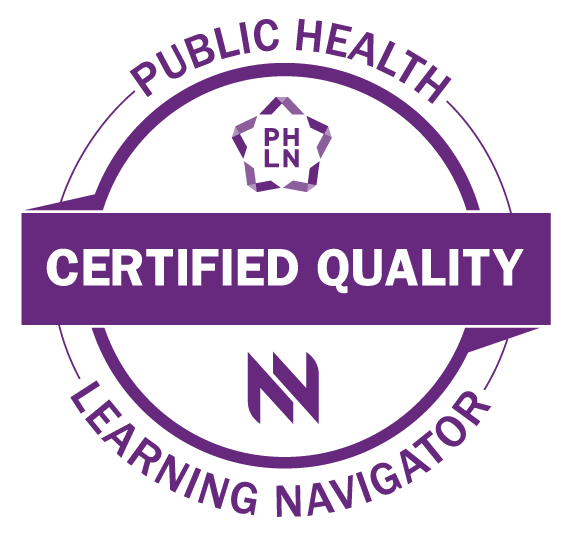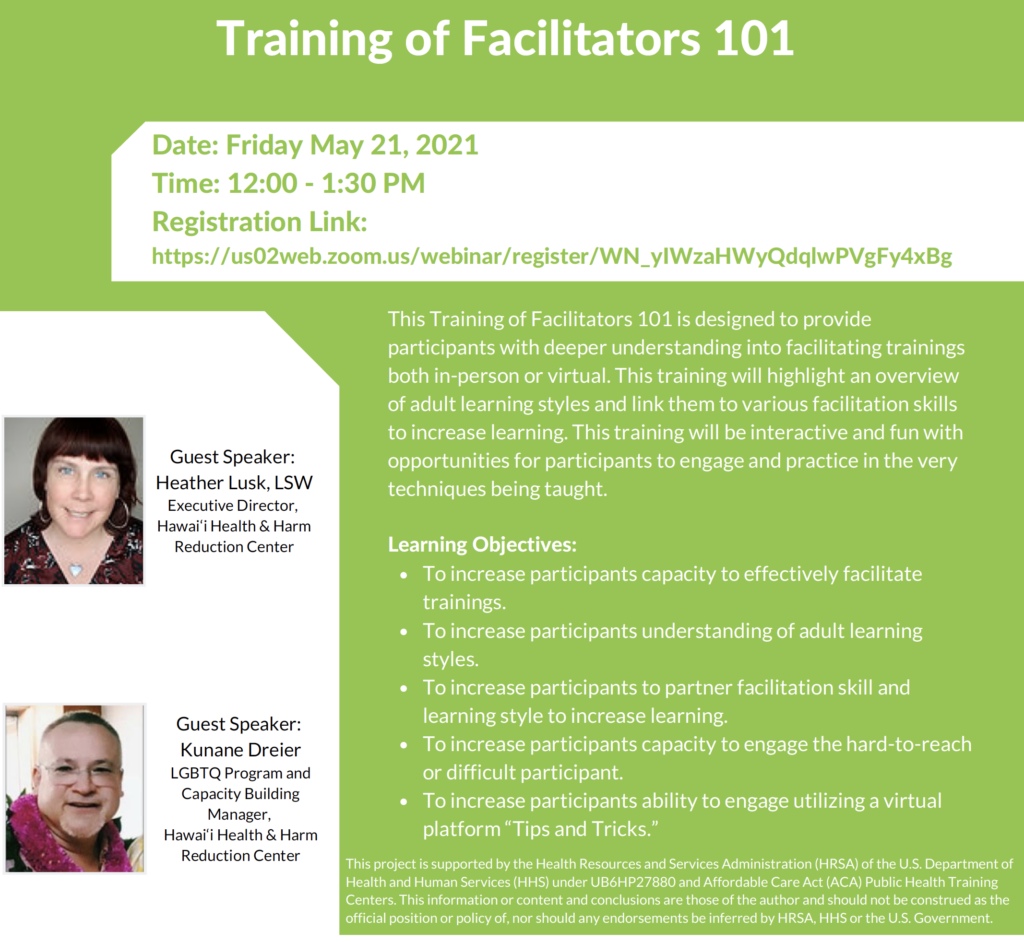Nutrition assessment is a useful and important tool to assess a person's food intake or to reveal patterns in food intake for a group or population. This training will review various nutrition assessment methods and present benefits and limitations for their use in different settings. This training will also present ways of using nutrition assessment in local programs.
Learning Objectives:
- Define and identify differences in various nutrition assessment methods
- Recognize potential measurement issues in nutrition assessment
- Apply the most appropriate nutrition assessment method given a particular situation
- Discover new approaches and technological advances in nutrition assessment methods
- Identify ways nutrition assessment can be used to improve local programs
Target Audience: Public Health Professionals
Duration: 45 minutes
Continuing Education Information: 0.75 Category 1 CHES Credits, 0.75 Continuing Competency Credits
CHES Provider number: 99036Format: Web-based Training, Self-Study
Created: 1/2022
Author(s): Brandy Todorovich, BS; Allison Root, DrPH, MS, RDN
Disclosures: The planners, reviewers, and authors have no declared conflicts of interest


